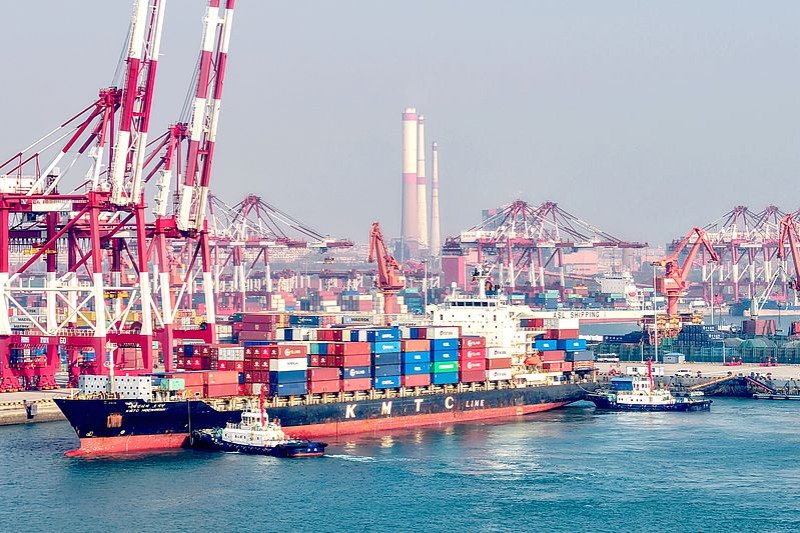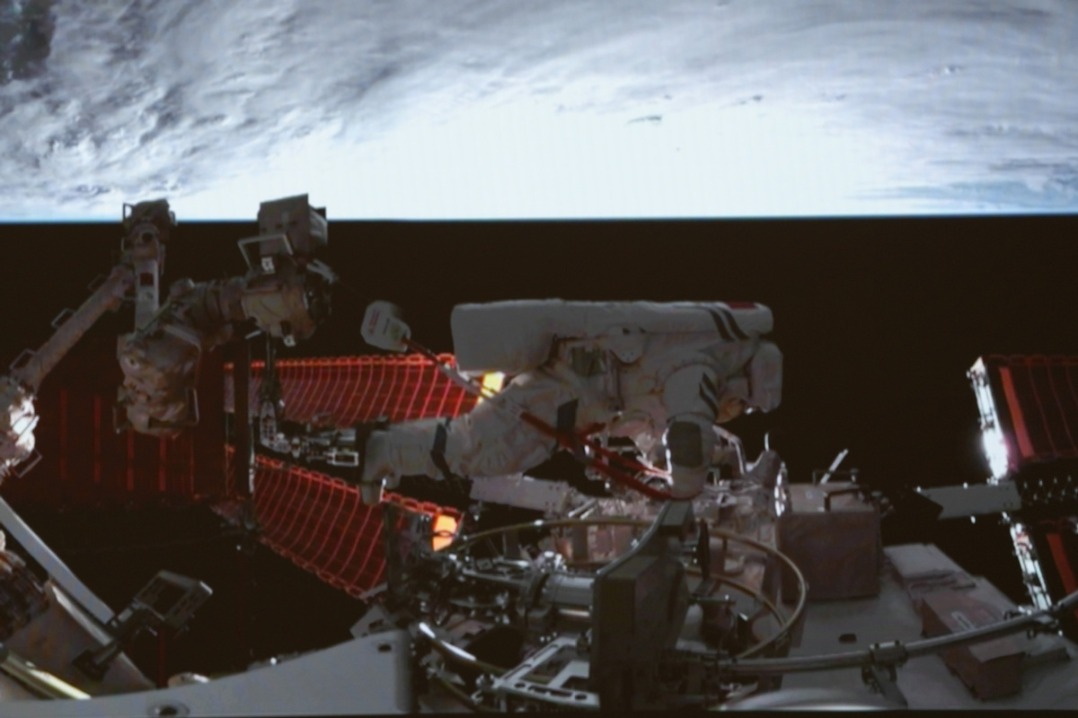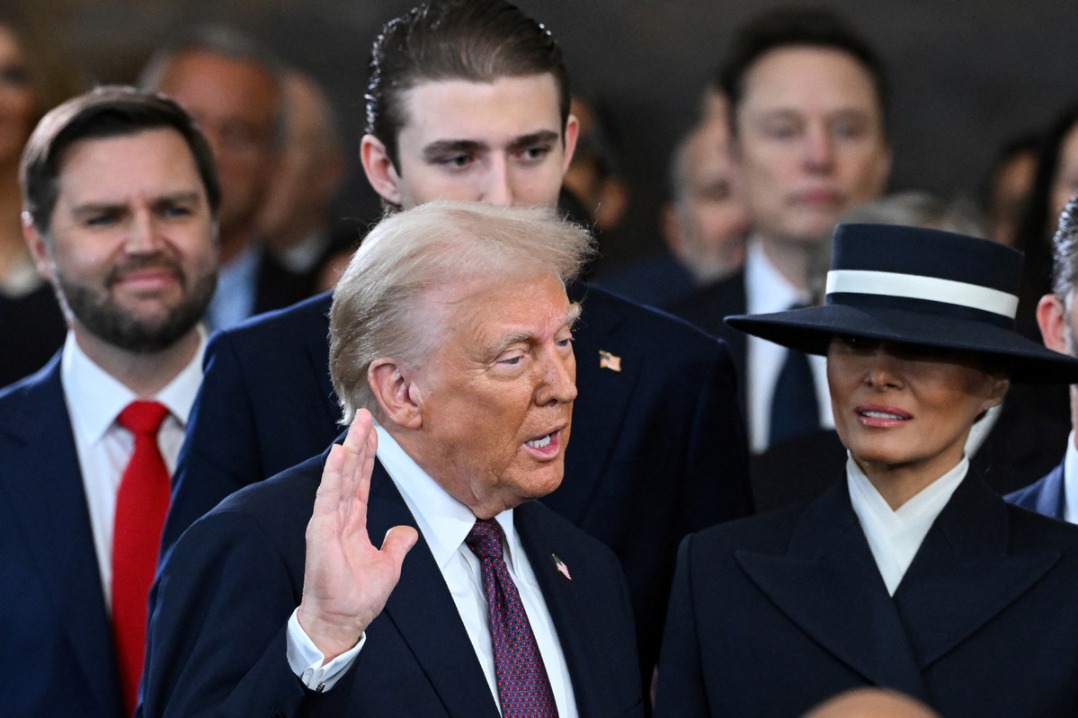Friendly fire


The EU should reconsider virtues of Comprehensive Agreement on Investment in light of threatening posture of new US administration
It seemed that we already foresaw the policies of the new Donal Trump administration from a review of his first presidency, his most recent statements, or reading the book The Art of the Deal.
Nevertheless, 2025 has begun with his threat to appropriate Greenland, reappropriate the Panama Canal, without ruling out the use of force to achieve it, and with the pretension of annexing Canada as the 51st state of the United States. At the same time, he has promised to replace the name Gulf of Mexico with "Gulf of America".
If these aspirations were to succeed, the US would become the largest country, with almost 22 million square kilometers. But this is unacceptable to the rest of the world.
In Europe, there is perplexity, caution and alertness, with no document outlining an updated strategy in the face of Trump's expansionist ambitions.
The President of the European Commission Ursula von der Leyen spent a week in hospital with serious pneumonia from which she is convalescing at home, and from there she issued a tweet on the X platform in January, in which she declared the traditional commitment to strengthen the transatlantic link, while stressing that the European Union "will always protect our citizens and the integrity of our democracies and freedoms". A similar statement was communicated by António Costa, president of the European Council.
For her part, the High Representative for Foreign Affairs and Security Policy and Vice-President of the European Commission Kaja Kallas said that "the sovereignty of states must be respected". Danish Prime Minister Mette Frederiksen has declared that sovereignty is not negotiable and the King of Denmark Frederik X has modified the country's coat of arms to emphasize the political ties with Greenland and the Faroe Islands.
A preliminary conclusion from Spain is that seasoned journalists — as in other European countries — are envisaging scenarios. But seasoned think tanks throughout the continent are more cautious, following their traditions of gauging deep forces, not statements that are sometimes contradicted, half executed or come to nothing.
The Trumpist approach, as for the rest of the EU, is unacceptable to Spain. And more immediately, in relation to Denmark — a partner in the EU and NATO — the matter is of deep concern as it is in France and Germany, which have expressed strong opinions.
And of course, the current pressure on Denmark could simply be a ploy to get NATO members to pay the 5 percent of their GDP on defence that Trump insisted on last month.
As for the well-known and publicized threats in the commercial sphere, some analysts are rereading some classics that can always be consulted. For example, Economics by Paul A. Samuelson and William D. Nordhaus, both Nobel laureates, is a classic economics textbook from which the elite of half the world have learned. In the chapter on "The Economics of Protectionism", the authors argue that those who pretend to help reform other countries by imposing what they understand as retaliatory tariffs should think "with great caution" because "just as building missiles leads to an arms race as often as to arms control, protectionist bluffs may end up hurting the bluffer as well as the opponent".
Trump may not consider the EU as a US ally anymore, and by wanting to pivot toward China to contain it, he shows that as in his first presidency, he could be a classic isolationist in this second term as well. However, faced with a complex rivalry, China has the attributes to get ahead, and the US and the rest of the world, including the EU, should understand this. If the planet does not suffer a natural or human-induced cataclysm this decade, China will be able to weather a potential Trump blockade by drawing on its traditions, human resources and size.
As a whole, looking back over the past few decades, we see that China prefers multidimensional collaboration and cooperation rather than confrontation. This juncture therefore is an opportunity for the EU and China to consider, again, the possibility to restart talks to rescue the Comprehensive Agreement on Investment that was concluded in principle in 2020. The agreement was hailed as providing a level playing field.
It is key to remember this, as in 2025 China and the EU celebrate the 50th anniversary of their winwin relations. Maybe as the EU competitiveness is diminishing, there is margin for the new leadership of the European Parliament to have a more sympathetic and realistic view on the issue.
The author is director of the Dialogue with China Project and former global expert in the United Nations Alliance of Civilizations. The author contributed this article to China Watch, a think tank powered by China Daily. The views do not necessarily reflect those of China Daily.
Contact the editor at editor@chinawatch.cn.

































